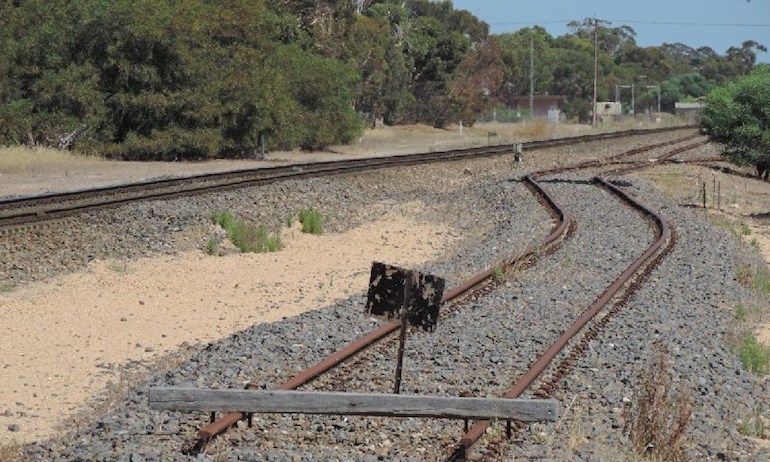"Matt Hancock has banned the NHS from buying fax machines and has ordered a complete phase-out by April 2020.
NHS trusts will instead be required to invest in new technology to replace outdated systems.
The ban on buying fax machines takes effect from January 2019. They will be phased out by 31 March 2020. NHS organisations will be monitored on a quarterly basis until they declare themselves ‘fax free’.
A freedom of information request revealed in July that more than 8,000 fax machines are still being used by the NHS in England
From April, NHS organisations will be required to use modern communication methods, such as secure email, to improve patient safety and cyber security."
gov.uk/government/news/heal...
Fax is a legally-valid method of sending a signed document, hence their continued use in healthcare and legal fields, rather than email communication adopted elsewhere.
Now for Australia, the USA and no doubt many other countries to catch up...
Neil
Photo: End of the (fax) line

 )
)